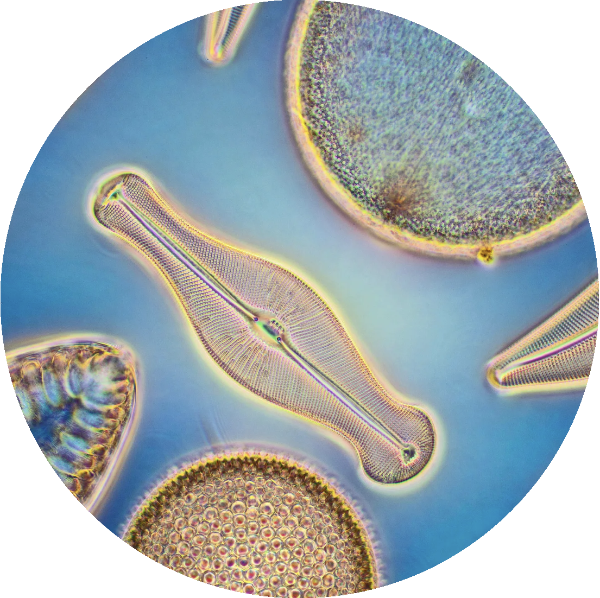Arctic and Subarctic marine environments are experiencing rapid and significant changes associated with climate warming. The drastic decrease in sea ice extent and thickness has important ramifications for physical, chemical and biological processes and energy dynamics of food webs. Changes in sea ice and the amount of light entering the upper ocean can significantly affect the growth of autotrophic single-celled algae and therefore the availability of essential biomolecules that are eventually incorporated into new biomass at higher trophic levels. Ice-free warmer waters and consequent changes in ocean currents have also been shown to drive the northward expansion of boreal species and the availability of essential fatty acids through novel interactions occurring in both bottom-up and top-down interactions. These changes in marine food webs and associated contaminant dynamics can lead to cascading effects on northern coastal communities that rely on country foods of high nutritional quality. This chapter gathers a selection of research results from the Sentinel North program that address interdisciplinary and ecosystem-level research questions that pertain to climate-related changes in primary production and food web dynamics, notably the availability and quality of essentials compounds; the trophic flux of energy through the major biota of Arctic and Subarctic marine ecosystems; and the role of marine country foods in contaminants exposure and human health.
Abstract
Keywords: Marine ecosystems, Sea ice, Climate change, Marine food web, Country foods, Oceans, Human health, Energy transfer, Contaminants
Citation
Sentinel North. (2023). Changing Arctic and Subarctic Marine Environments and Implications for Human Health. In Compendium
of research 2017-2022. Environment, Health, Innovation. Sentinel North, Université Laval, Quebec City, Quebec, Canada.
